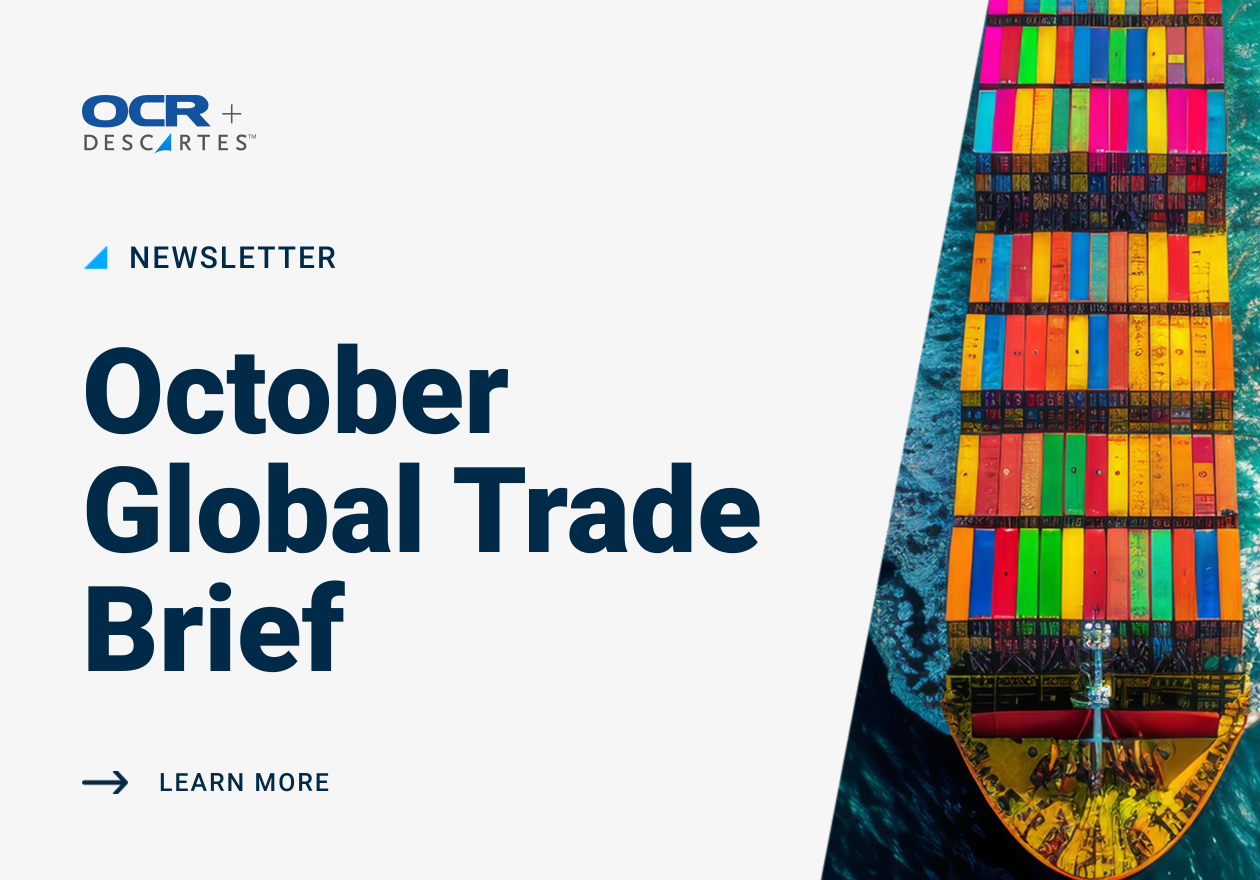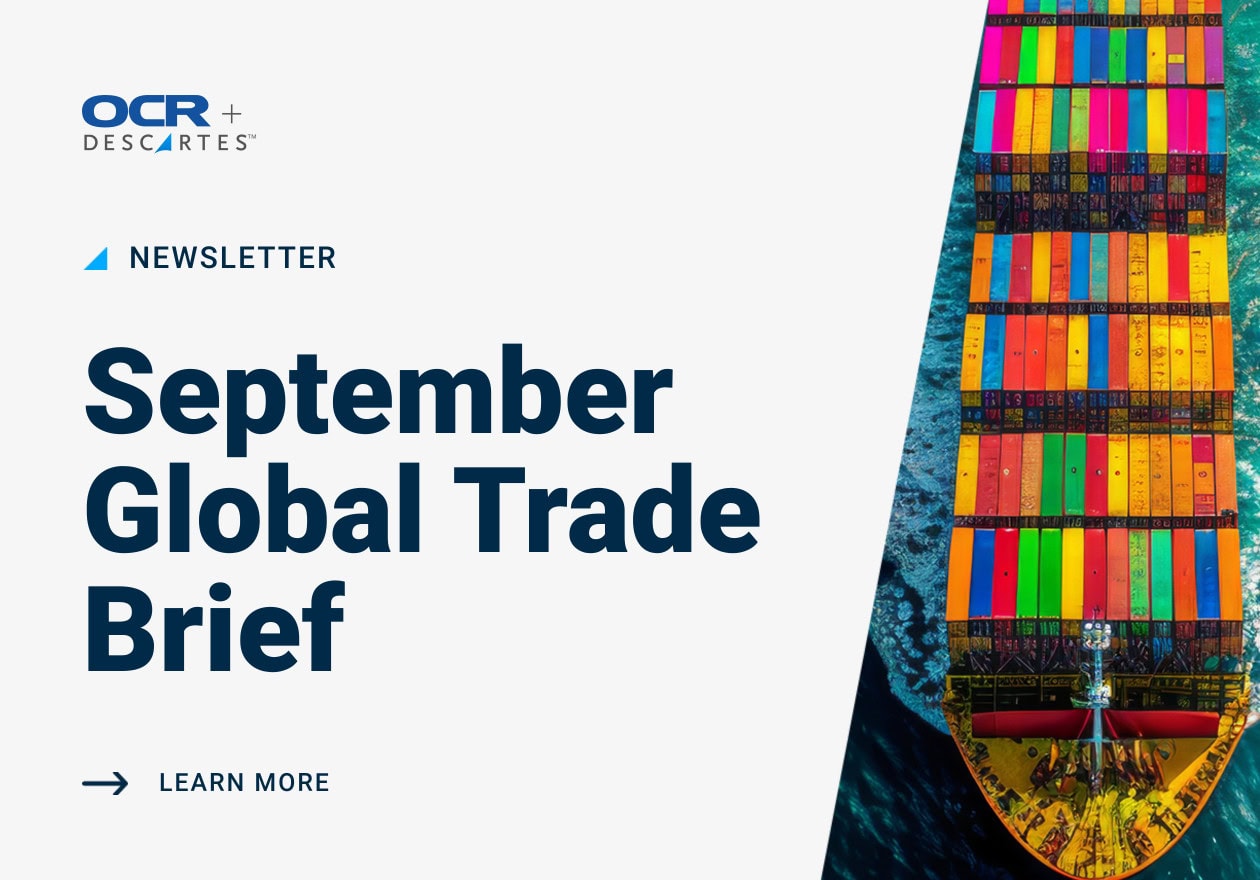Oil Price Cap (OPC) Compliance and Enforcement Alert
The oil price cap (OPC), introduced by the “Price Cap Coalition” (or “G7+ Coalition”, comprising the G7, the European Union, and Australia) in December 2022, has two key objectives: 1) constraining Russian revenues that could otherwise be used to fund Russia’s war of aggression against Ukraine; while 2) maintaining global oil flows and protecting energy security.
This alert includes:
- An overview of key OPC evasion methods and recommendations for identifying such methods and mitigating their risks and negative impacts.
- Information on how to report OPC suspected breaches across the Price Cap Coalition.
The OPC evasion methods covered in this alert are related to:
- Falsified documentation and attestations.
- Opaque shipping and ancillary costs.
- Third country supply chain intermediaries and complex and irregular corporate structures.
- Flagging.
- The “shadow” fleet.
- Voyage irregularities.
Source: https://ofac.treasury.gov/media/932571/download?inline
Russia-related Designations; Publication of Russia-related Determinations; Issuance of Russia-related General License
The Department of the Treasury’s Office of Foreign Assets Control (OFAC) is publishing a Determination for Prohibitions Related to Imports of Diamond Jewellery and Unsorted Diamonds of Russian Federation Origin and Diamond Jewellery and Unsorted Diamonds Exported from the Russian Federation, and a Determination for Prohibitions Related to Imports of Certain Categories of Diamonds.
OFAC is also issuing Russia-related General License 87, “Authorizing Limited Safety and Environmental Transactions Involving Certain Persons or Vessels Blocked on February 8, 2024.”
Source: https://ofac.treasury.gov/recent-actions/20240208
Submission of Post-Hearing Comments: Operation of the United States-MexicoCanada Agreement with Respect to Trade in Automotive Goods
On February 7, 2024, the Office of the United States Trade Representative (USTR) and the Interagency Committee on Trade in Automotive Goods (Committee) held a virtual public hearing to receive oral testimony related to the biennial review of the operation of the United States-Mexico-Canada Agreement (USMCA) with respect to trade in automotive goods. USTR is accepting post-hearing comments until February 28, 2024.
Source: https://public-inspection.federalregister.gov/2024-03050.pdf
New phase of EU Excise Movement and Control System (EMCS) allows for interoperability with export systems
The EU Excise Movement and Control System (EMCS) is the trans-European system for the movement of excise goods (tobacco, alcohol and energy products) across the EU. The system is in place since 2011 and currently used by more than 200,000 registered operators. The system has been improved and expanded throughout different deployment phases since its inception.
Phase 4.0 of the EMCS, which came into force on 13 February 2023, made the commercial movements of excise products fully paperless across the EU, helping Member State authorities to fight excise duty fraud by digitalising movements where the duty was previously paid in a Member State. The standardised, electronic system also simplified life for traders, especially energy suppliers and producers of alcohol, and helped them to speed up trade in the relevant sectors.
Deployment phase 4.1 enhances certain core business functions of the EMCS and extends its scope to allow for interoperability with the EU Automated Export System (AES) for export operations. In addition to some legal updates, the interface between EMCS and AES will from now on automate existing processes and the exchange of information between Member States and economic operators, further facilitating the control of excise movements, the fight against fraud, and the provision of more certainty to exporters.
North Korea Sanctions Regulations
The Department of the Treasury’s Office of Foreign Assets Control (OFAC) is amending the North Korea Sanctions Regulations to modify a general license that authorizes certain transactions in support of specified humanitarian activities of nongovernmental organizations. Additionally, OFAC is adding general licenses to authorize the following: transactions related to the exportation and reexportation of items authorized by the U.S. Department of Commerce; the provision of certain agricultural commodities, medicine, and medical devices; and certain journalistic activities in North Korea.
Source: https://public-inspection.federalregister.gov/2024-03255.pdf



